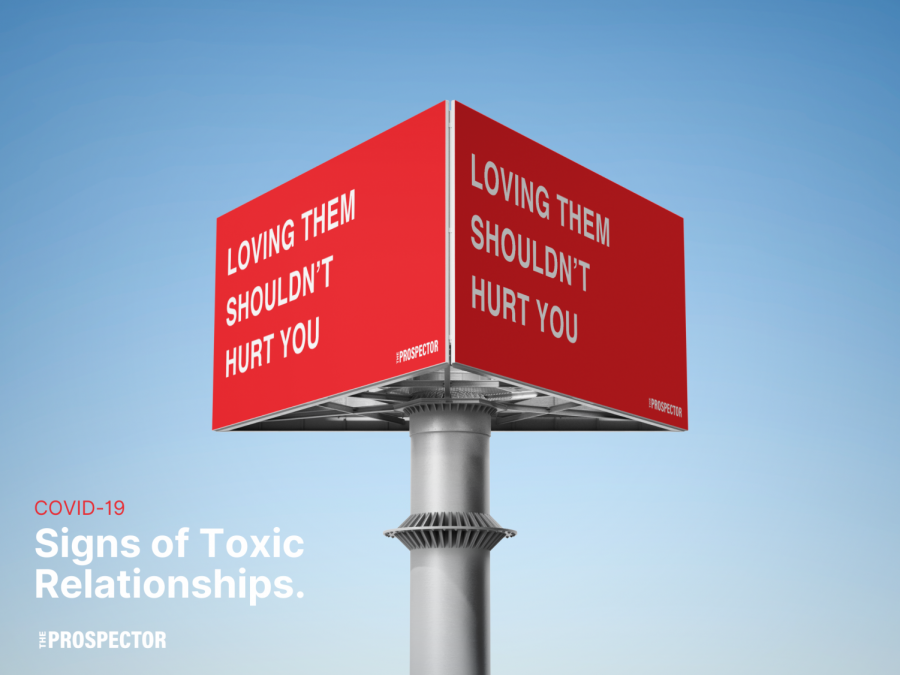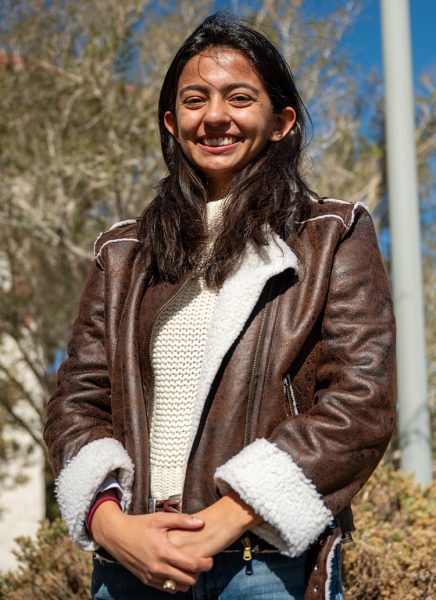As the coronavirus pandemic continues to create levels of distress across the world, its obstacles have managed to trickle down to personal levels, like the ones couples waiting out the pandemic together experience. However, experts believe maintaining a healthy relationship amid COVID-19 is possible.
According to UTEP’s Campus Advocacy, Resources and Education (CARE) center, the key to a healthy relationship is sharing your feelings and doing actions of trust, honesty, accountability, and vulnerability.
“Another important aspect to remember when forming these healthy relationships is that self-love is central to creating and maintaining a healthy relationship,” said Jovana Nieto, CARE’s outreach coordinator.
In a relationship, a person should look for “red” and “green” flags. Red flags include controlling behavior, like a person’s partner trying to put a wedge between them and their loved ones. Other behaviors include, pushing boundaries, disregarding one’s objections, and not allowing a person to be vulnerable or talk about their feelings.
According to Nieto, this type of relationship is confusing, and tension filled.
“It feels like a roller-coaster ride and you never know what they’re going to do next or where you stand,” Nieto said.
This can often create stress that eventually leads to miscommunication between the partners. The need for closeness and space is instead met with resentment or punishment. According to Nieto, being in an unhealthy relationship causes physical, emotional, financial, and psychological threats to a person, with the most seen symptoms being anxiety and depression.
“Getting out of an abusive relationship sounds like a simple task, but it is not,” Nieto said. “It is a process, not an event, and there is no right or wrong way of doing it.”
It is important for a person to first acknowledge the need to leave and move on from the pattern of abuse. A person is encouraged to seek support from loved ones, create and seek out a safety plan from the campus advocacy department at their university, speak to authorities, and in emergency situations call the local police department.
Aside from looking out for red flags in a relationship, a person should also look for green flags.
Green flags include empathy, healthy hobbies, long-standing relationships, positive values, self-sufficiency, and support.
Nieto said the key to creating a healthy relationship is self-love, as it is central to love yourself before you can love someone else. It is also important to allow others to be themselves and to encourage their self-exploration, discovery, worth, and love.
“Practicing and choosing to engage in healthy relationship behavior is the first step to creating a healthy relationship for yourself and your partner,” Nieto said. “Knowing what positive relationship behaviors look like, can help students seek to practice and expect positive dating behaviors from themselves and their partner.”
While distance and space are not often possible for couples living together during times of COVID-19, it is still important to establish healthy boundaries during quarantine. It is an important demonstration of love and respect, Nieto said.
“Creating a climate of consistency in the relationship and making a safe space to ask intimate and vulnerable questions when times are hard is very important during these times,” Nieto said. “Partners need to be able to give each other space and meet the needs of one another with love, respect, and communication.”
Nieto said it is also crucial for a person to create a connection with all their relationships amidst quarantine and maintain them by staying connected virtually.
“At CARE we believe that everyone has a right to a happy and healthy relationship,” Nieto said. “A good way to cope with an unhealthy relationship is by seeking support from their campus community. There are many people at UTEP ready to help.”
These resources include but are not limited to:
Campus Advocacy, Resources and Education (CARE)
- 915-747-7452
- [email protected]
Counseling and Psychological Services (CAPS)
- 915-747-5302
- After Hours Crisis Line
- 915-747-5302
- [email protected]
UTEP Student Health and Wellness Center
- 915-747-5624 (primary)
- 915-747-6545 (secondary)
Office of Student Conduct and Conflict Resolution (OSCCR)
- 915-747-8694
- Dean of Students
- 915-747-5648
- [email protected]
Center for Accommodations and Support Services (CASS)
- 915-747-8712
- [email protected]
UTEP Police Department
- 3118 Sun Bowl Drive
- 915-747-5611
According to Nieto, CARE provides helpful resources such as the “Relationships 101” presentation, which a person can request by emailing [email protected]. CARE will also be hosting its “Healthy Relationships Week” from Feb. 15 -18. For more information, visit utep.edu/care.
Alyson Rodriguez may be reached at [email protected]; @alyson_rod1127 on Twitter.












